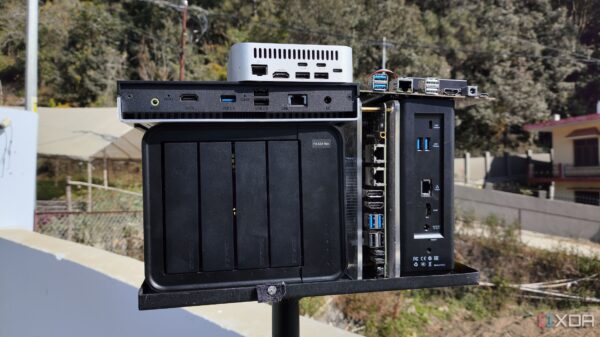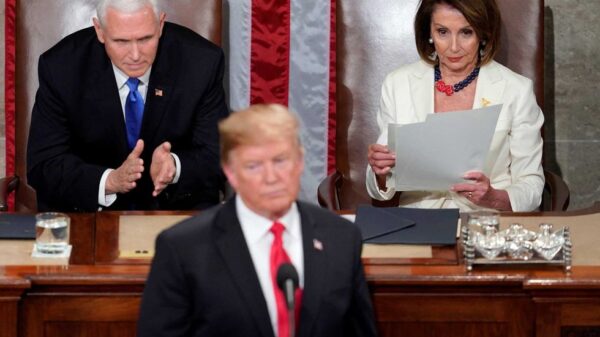Wall Street experienced its largest decline in a month on July 27, 2023, with the S&P 500 dropping by 1.7%. The downturn was primarily driven by significant losses in key technology stocks, particularly Nvidia, which has been a leader in the artificial intelligence (AI) sector. This sudden shift raises concerns among investors about the sustainability of recent gains in high-growth tech stocks.
The sell-off was marked by a notable decrease in investor confidence, particularly as Nvidia reported disappointing earnings projections. The company, which has been at the forefront of AI technology, saw its shares slide sharply, contributing to a wider trend affecting other tech stocks in the AI space. Analysts had previously hailed Nvidia as a critical player in the AI boom, making the recent performance particularly alarming for market participants.
The broader tech sector was not alone in facing challenges, as other companies involved in AI development also saw their stock prices decline. This includes firms that have benefited from the recent surge in AI investments. The growing scrutiny of these companies’ valuations may indicate a potential recalibration in the market, as investors reassess the growth prospects in the face of economic uncertainties.
Market Reaction and Investor Sentiment
The reaction from the market was swift, with financial analysts noting a sell-off across various segments. The S&P 500 index, which tracks the performance of 500 of the largest U.S. companies, reflected a broader market sentiment that many investors may be pulling back from riskier assets. The decline has led to discussions about the potential for a market correction, particularly in technology stocks that have seen meteoric rises in recent months.
Investor sentiment appears to be shifting, with many looking for safer investment options amid fears of inflation and rising interest rates. The current economic landscape poses questions about the long-term viability of high-growth tech stocks, including those in the AI sector. The turbulence could signal a turning point, as market participants seek to balance the allure of rapid innovation with the realities of economic pressures.
The implications of this decline extend beyond just the stock market, as it also reflects broader economic dynamics. Investors are increasingly wary of how external factors, such as geopolitical tensions and economic policy changes, could impact the performance of tech stocks in particular. As the market adjusts, it remains to be seen how companies like Nvidia will navigate these challenges and whether they can regain investor confidence in the coming months.
Looking Ahead
As Wall Street digests this recent downturn, analysts will be closely monitoring upcoming earnings reports and economic indicators. The performance of tech stocks, especially those heavily involved in AI, will be critical in determining the direction of the market. Should the losses persist, it could prompt a reevaluation of investment strategies as investors seek to mitigate risks in a volatile environment.
In summary, the significant drop in the S&P 500, driven by declines in Nvidia and other AI stocks, highlights the fragility of the current market. Investors are poised for a challenging period as they navigate the interplay between technological advancements and economic realities. The coming weeks will be crucial in shaping the future trajectory of Wall Street and the broader economic landscape.








































































